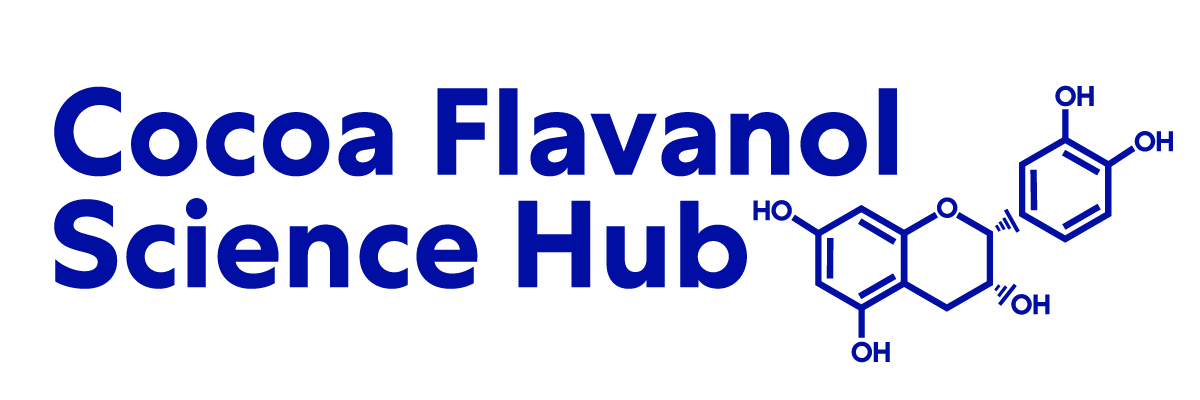TNFalpha-induced NF-kappaB activation and cell oxidant production are modulated by hexameric procyanidins in Caco-2 cells.
Hexameric procyanidins inhibit TNFalpha-induced NF-kappaB activation in Caco-2 cells. Most of the physiological actions of high molecular weight procyanidins could be limited to the gut lumen. Transcription factor NF-kappaB plays a central role in inflammation including human intestinal bowel disease. We investigated the capacity of a hexameric procyanidin fraction (Hex) to prevent tumor necrosis factor alpha (TNFalpha)-induced NF-kappaB activation as related to oxidation and membrane interactions. In Caco-2 cells, Hex (2.5-20 microM) inhibited TNFalpha-induced NF-kappaBactivation (IkappaB phosphorylation and degradation, p50 and RelA nuclear translocation, and NF-kappaB-DNA binding), inducible nitric oxide synthase expression, and cell oxidant increase. The effects on NF-kappaB activation persist beyond the period of direct exposition of cells to Hex. N-Acetylcysteine and alpha-lipoic acid inhibited TNFalpha-induced oxidant increase but did not affectNF-kappaB activation. In summary, Hex can inhibit NF-kappaB activation by interacting with the plasma membrane of intestinal cells, and through these interactions preferentially inhibits the binding of TNFalpha to its receptor and the subsequent NF-kappaB activation.
See the Full Study > (opens in a new tab)









